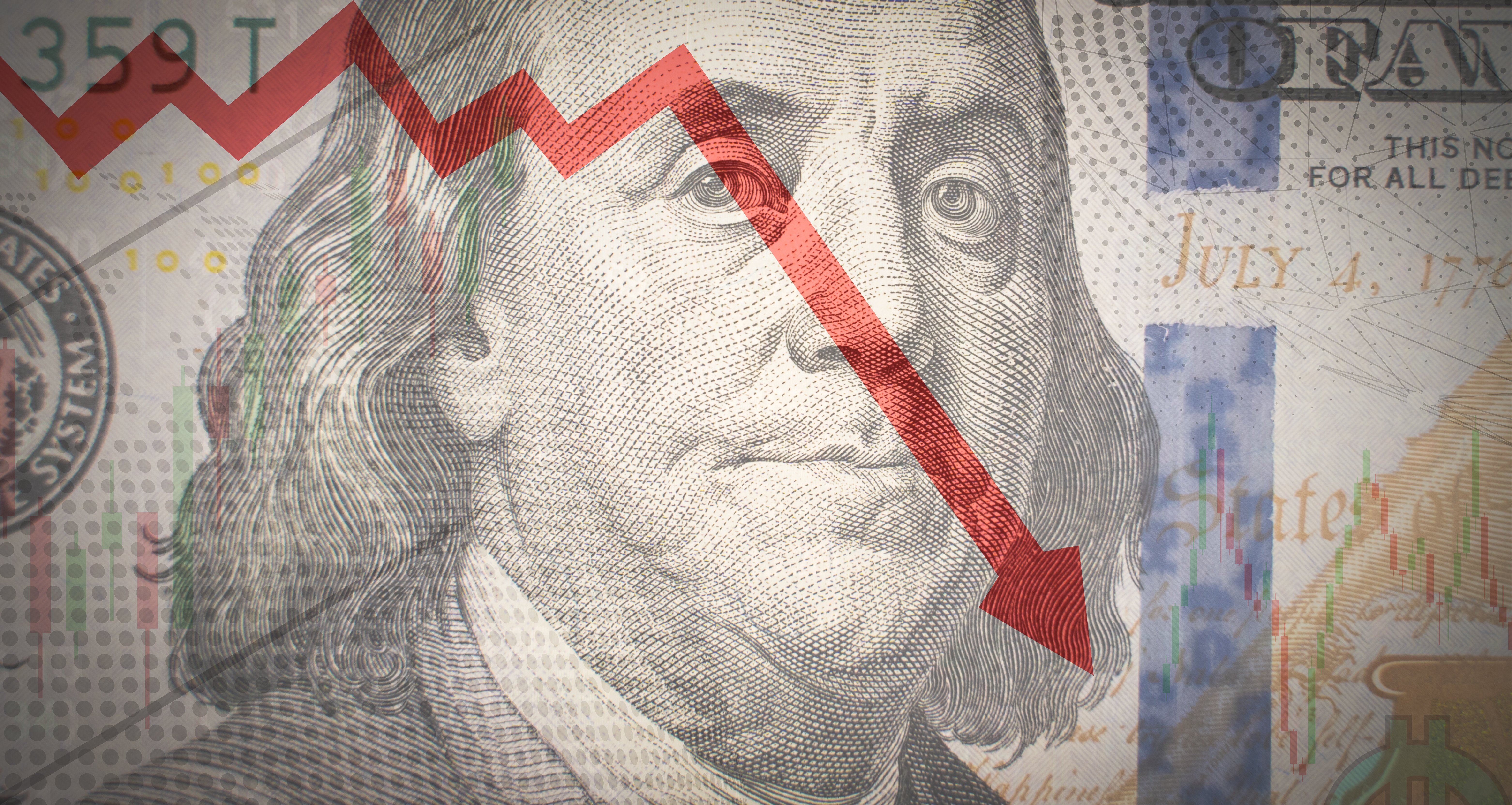Join Our Newsletter List
Never miss the latest strategies for protecting and growing your wealth.
Join our mailing list.
Actionable Insights From The Top Money Experts
We bring you the insights of the world’s top money experts and then connect you with like-minded, independent, trustworthy professional financials.
When the smoke cleared in Friday trading, spot gold declined $481 (8.9%) on the day to $4,894 and sp...
After touching a high of $5,595 in early Thursday trading (+29.5% in Jan.), spot gold continued its ...
Gold slipped back all the way to the lower 5-thousands, ending in the $5400 range after touching the...
On Jan. 28, 2026, EDF said it plans to repair cracked pipes at its Civaux nuclear power station next...
In its Q4 Gold Demand Trends, the World Gold Council reports total ’25 gold demand exceeded 5kt for ...
Silver’s rally isn’t just showing up in price action—it’s showing up in the tape. According to a Min...
The U.S. dollar sank to a four-year low after President Trump shrugged off concern over recent dolla...
Equinox Gold announced it has completed the sale of its Brazil operations for total cash considerati...

-Feb-02-2026-10-47-48-7350-PM.jpg)

-1.jpg)


.jpg)


-Jan-27-2026-10-19-13-9833-PM.jpg)